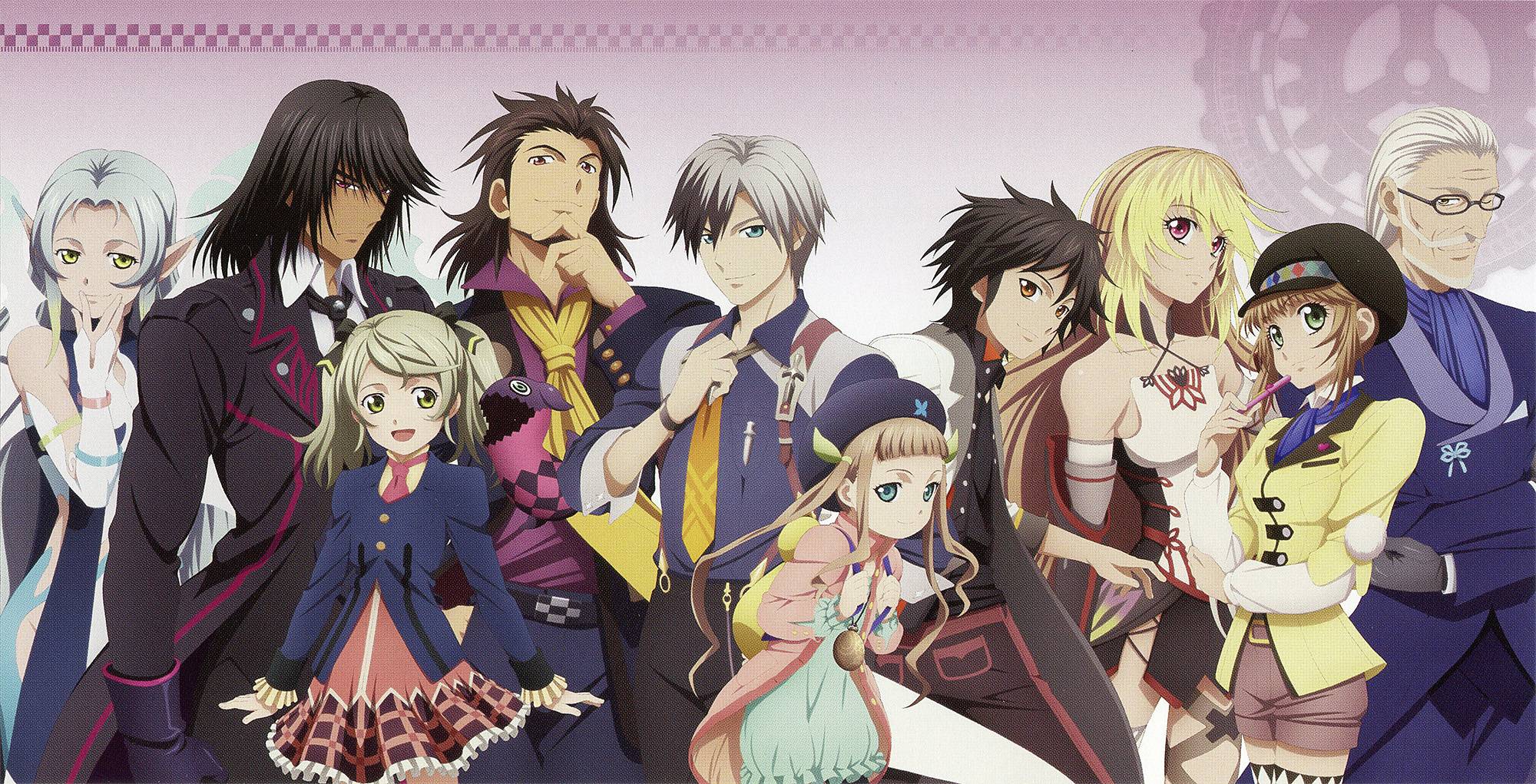

As mentioned in Making Money From Flash Games with Affiliate Programs, Competitions, In Game Advertising and Micro-Transactions, there are many methods from which you can earn from a Flash game you have made.
Here, then, are ways to earn by porting, revenue sharing websites, self-sponsorship, sitelocks and sponsorship. Again, this is not necessarily an inclusive list.
Don't consider yourself limited to either the companies or methods discussed in these two articles. If you find a method of profiting not listed here, and it works, by all means use it.
Taking a Flash game and porting it to another platform is popular, especially with the increase in mobile gaming. Although some of the platforms will currently run Flash games as is (this may change with mobile gaming in particular thanks to Adobe's abandonment of the mobile player), native apps and executables allow some flexibility that a normal Flash game will not.
Money can be made from selling the app or executable itself, in app ads or in app transactions.
If you have a Flash version, you would usually promote the native app or executable from the Flash game itself.
The biggest app stores are:
iTunes
Android Marketplace
BlackBerry App World
For all iStuff, such as iPad, iPhone and iPod, it is now easier to export apps for these platforms, using software like Flash CS5.5.
Apple provide the means to sell your apps, join the iAd advertising network and will also provide the means to enable in-app purchases.
PC and Mac games based on the Flash game can also be sold. Such games will usually be bigger and better versions of the Flash game itself.
You can sell the game yourself, or through a third party, such as Fizzy, BigFishGames or GameHouse. Third party sales will usually require a commission or fee to be paid.
Adobe's AIR platform is useful for creating executables from a Flash game.
A number of sites will share advertising revenue. These may require the addition of their own APIs (or increase the share percentage if you do) or the removal or blocking other ad networks and external logins and micro-transactions.
 Fizzy provide a revenue share to games uploaded to their site. Implementing the Fizzy API will significantly increase the share. Fizzy make most of their money from selling their own games, so expect to see a lot of links to them.
Fizzy provide a revenue share to games uploaded to their site. Implementing the Fizzy API will significantly increase the share. Fizzy make most of their money from selling their own games, so expect to see a lot of links to them. Kongregate will share a minimum of 25% of the advertising revenue with you. An additional 10% can be earned from implementing their API, and a further 15% if your game is exclusive to Kongregate. This last 15% bonus will only be given for as long as you game is exclusive; one it is uploaded elsewhere, you must uncheck the exclusive box. Games sponsored by Kongregate will still be eligible for this bonus even if the game is published to other sites.
Kongregate will share a minimum of 25% of the advertising revenue with you. An additional 10% can be earned from implementing their API, and a further 15% if your game is exclusive to Kongregate. This last 15% bonus will only be given for as long as you game is exclusive; one it is uploaded elsewhere, you must uncheck the exclusive box. Games sponsored by Kongregate will still be eligible for this bonus even if the game is published to other sites. MindJolt require the integration of their own advertising and scores API. Games are mostly played on their Facebook app, although this is not as popular as it used to be.
MindJolt require the integration of their own advertising and scores API. Games are mostly played on their Facebook app, although this is not as popular as it used to be. Newgrounds provide a small revenue share from games uploaded. Unless your game is unusually popular on the site, there is little long term earning potential. Newgrounds is used by many portal owners to select highly rated games for their own sites, so can help the distribution of a game.
Newgrounds provide a small revenue share from games uploaded. Unless your game is unusually popular on the site, there is little long term earning potential. Newgrounds is used by many portal owners to select highly rated games for their own sites, so can help the distribution of a game.
Self-sponsorship is where you have your own game portal and drive traffic from the games there. Ninja Kiwi's Bloons game is a notable example of where this method has proved very effective. Most developers will be unable to generate as much money from this as they would get from a sponsorship, as they often lack the ability to monetise the incoming traffic as well as big portals. If you cannot, or are unwilling to, sell a sponsorship, it does make sense to self-sponsor, even if the site only hosts your own games.
A sitelock is where you sell a copy of your game locked so that it can only be played on one site. This will usually require customising the game, such as by adding in-game branding for that portal, removal of other branding such as sponsor or developer, adding a site's API and removing other APIs.
If your game is sponsored, the sponsor may require that no sitelocks be sold.
 BigFishGames are willing to buy sitelocks for a fixed price. These games are distributed using iframes though, and as such are not considered as sitelocks by most sponsors, who will not permit such a sale.
BigFishGames are willing to buy sitelocks for a fixed price. These games are distributed using iframes though, and as such are not considered as sitelocks by most sponsors, who will not permit such a sale.
 The Game Shop on FlashGameLicense is the largest collection of games up for sale for sitelocks, although there is no guarantee that you will sell even one.
The Game Shop on FlashGameLicense is the largest collection of games up for sale for sitelocks, although there is no guarantee that you will sell even one.
 MindJolt are now offering as an alternative to their ads API an up-front fixed payment for a game.
MindJolt are now offering as an alternative to their ads API an up-front fixed payment for a game.
You are not limited to the above methods for selling a sitelock. Some developers have had success selling games through sites such as DigitalPoint or Talkarcades.
 Getting games sponsored is often the biggest earner for both small and large developers. Different types of sponsorships can be sold, the previously mentioned sitelocks being a specific and limited type. The FGLopedia describes all types of sponsorships in detail.
Getting games sponsored is often the biggest earner for both small and large developers. Different types of sponsorships can be sold, the previously mentioned sitelocks being a specific and limited type. The FGLopedia describes all types of sponsorships in detail. Bannerflux also has an auction site, BuySellArcades, although it is less popular than FGL.
Bannerflux also has an auction site, BuySellArcades, although it is less popular than FGL.
Other methods of gaining sponsors are of course possible, such as contacting them directly, although most bigger sponsors will usually have an FGL account.
Some smaller game portals may be unwilling or unable to put up the required deposit to buy anything from FGL other than through the Game Shop.



